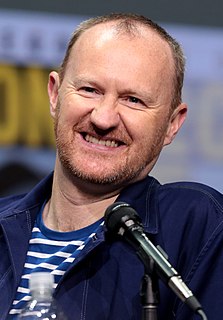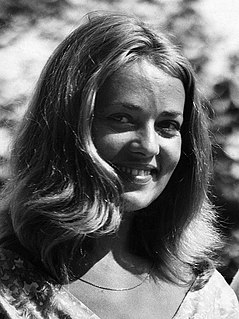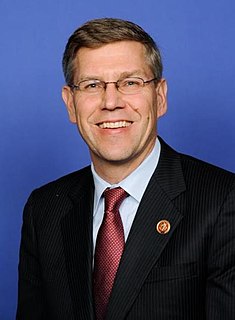A Quote by Todd Haynes
Nostalgia could be considered a disease because you're living now.
Related Quotes
HIV/AIDS from converted from a lethal disease into a chronic disease because basic scientists' fundamental research was done that illuminated aspects of that virus and allowed the generation of therapies like antiretroviral therapies. And so now HIV/AIDS is not a lethal disease, it is a chronic disease.
Murray said, ´I don´t trust anybody´s nostalgia but my own. Nostalgia is a product of dissatisfaction and rage. It´s a settling of grievances between the present and the past. The more powerful the nostalgia, the closer you come to violence. War is the form nostalgia takes when men are hard-pressed to say something good about their country.´
Today anywhere you go you will find that this is a living legacy which is not only for now, not only for the next one hundred years, but for the coming two thousand years of the Age of Aquarius, when mankind will find shelter in the 3HO way of life. And then, you who are here now, who are just considered to be a handful of people, shall be considered as the most Divine.
At least George W. Bush feels like - and I've heard him say it - "You can't judge me now, because look at Abraham Lincoln. When he was in the middle of that war and 600,000 people died, he was vilified for the Gettysburg Address because they felt it was too short and almost insulting, and now you look back and it's considered one of the great speeches of all time and he's considered one of the great presidents of all time."
Therapeutic fasting is not a mystical or magical cure. It works because the body has within it the capacity to heal when the obstacles to healing are removed. Health is the normal state. Most chronic disease is the inevitable consequence of living a life-style that places disease-causing stressors on the human organism. Fasting gives the body an interlude without those stressors so that it can speedily repair or accomplish healing that could not otherwise occur in the feeding state.
If the dominant political expression that we're seeing right now is of nostalgia and we know that nostalgia won't really work out, what happens is, we become depressed as individuals and societies - when we're depressed, we're much more vulnerable to be taken advantage of by demagogues and xenophobes.
The symptoms or the sufferings generally considered to be inevitable and incident to the disease are very often not symptoms of the disease at all, but of something quite different-of the want of fresh air, or of light, or of warmth, or of quiet, or of cleanliness, or of punctuality and care in the administration of diet, of each or of all of these.






































